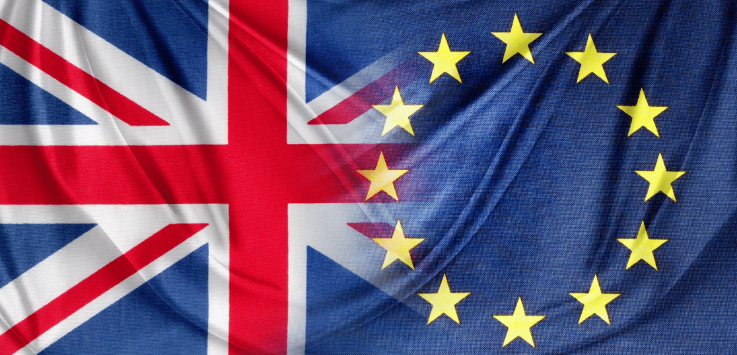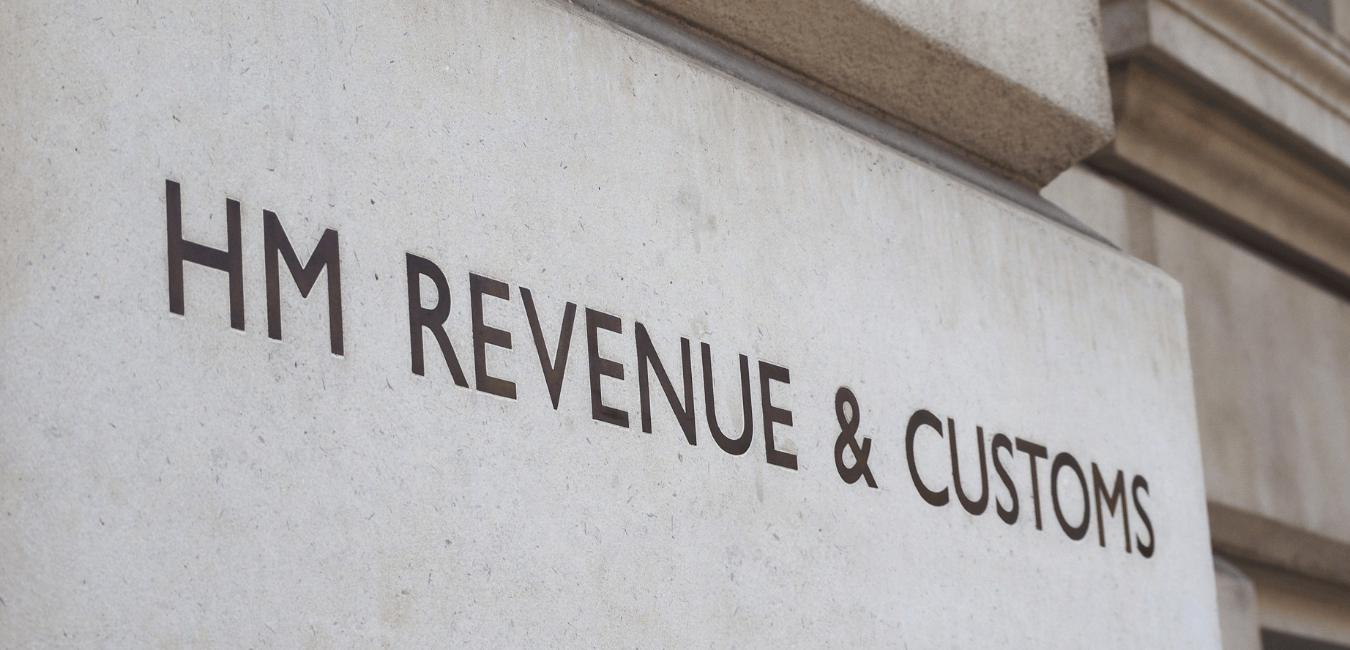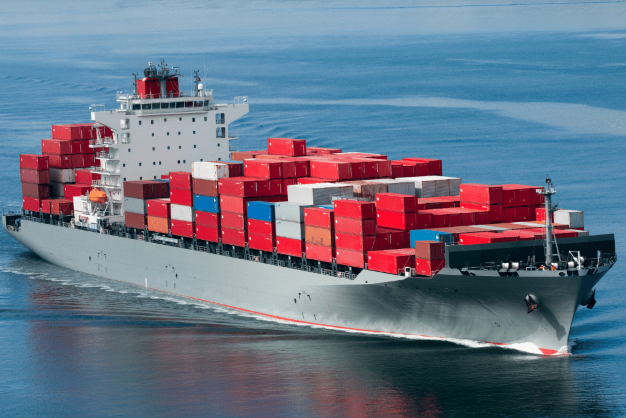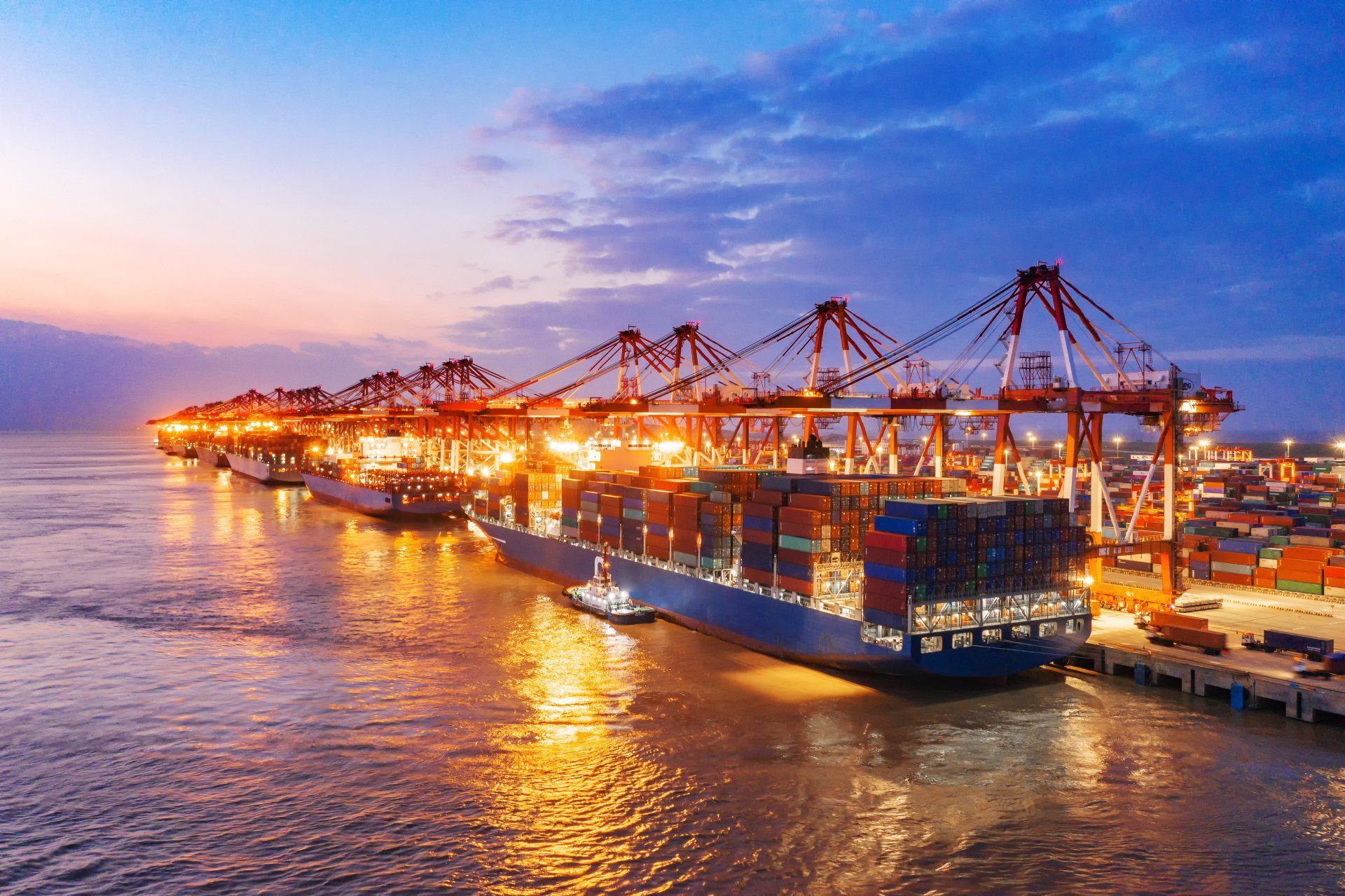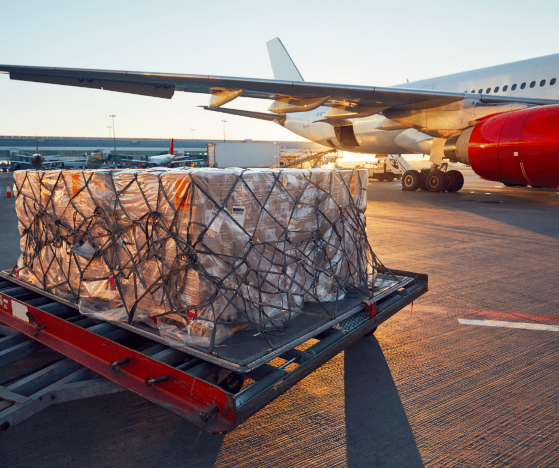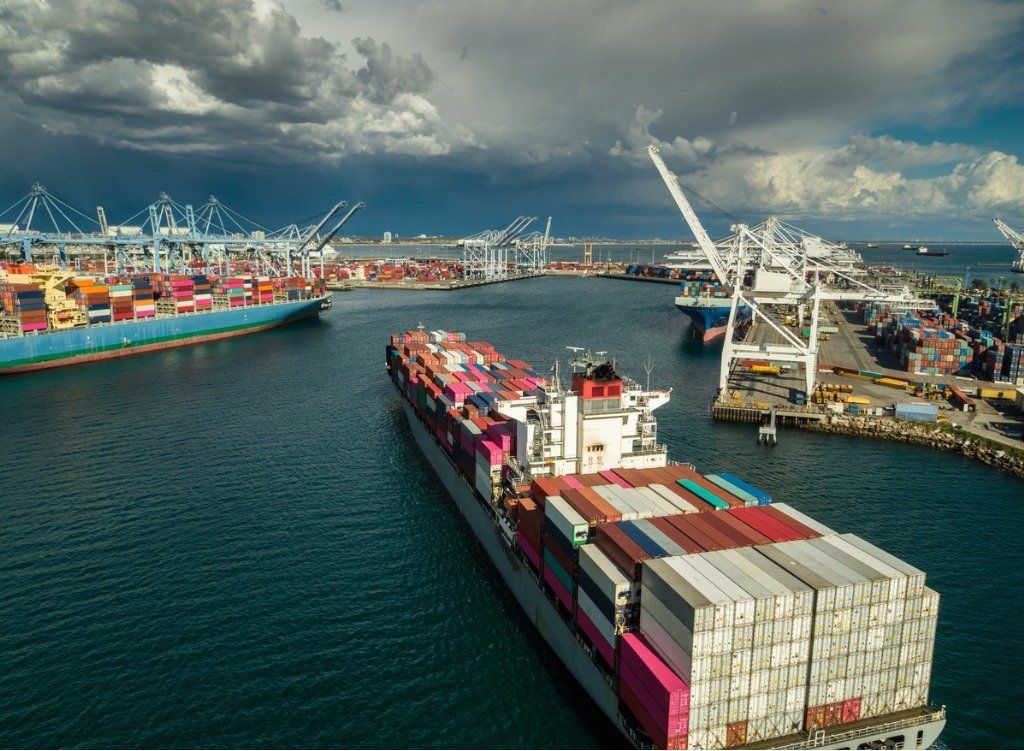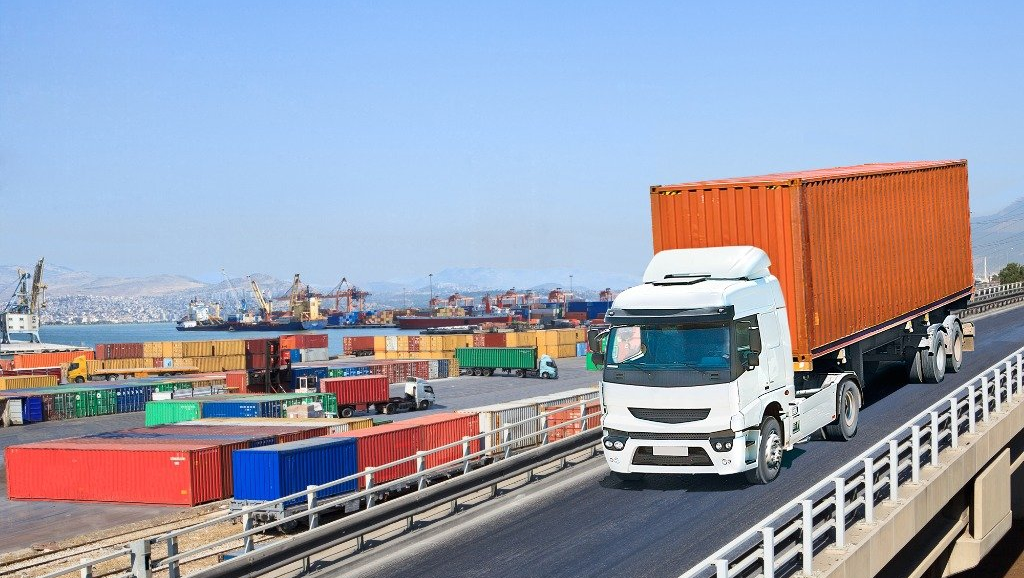What Are Incoterms Rules?
Incoterms® is a registered trademark of the International Chamber of Commerce (ICC). Incoterms® were first created by the ICC in 1936. The Incoterms® rules are created and published by the ICC and are normally revised every 10 years, since 1980. The ICC describe the Incoterms® 2020 rules as:
The Incoterms® rules are the world’s essential terms of trade for the sale of goods. Whether you are filing a purchase order, packaging and labelling a shipment for freight transport, or preparing a certificate of origin at a port, the Incoterms® rules are there to guide you. The Incoterms® rules provide specific guidance to individuals participating in the import and export of global trade on a daily basis.
Your Contract
The Eleven Incoterms
Incoterms are grouped by the means of transportation used to move the goods.
The seven Incoterms for any mode or modes of transport:
- Ex Works (EXW)
- Free Carrier (FCA)
- Carriage Paid To (CPT)
- Carriage and Insurance Paid To (CIP)
- Delivered at Place (DAP)
- Delivered at Place Unloaded (DPU)
- Delivered Duty Paid (DDP)
The four Incoterms for sea and inland waterway transport:
- Free Alongside Ship (FAS)
- Free On Board (FOB)
- Cost and Freight (CFR)
- Cost Insurance and Freight (CIF)
Incoterms 2020 Rules Groups
The eleven Incoterms 2020 are divided into four groups (E, F, C, D), with E and D at the opposite poles of the international supply chain. The rules are divided according to the costs, risks, obligations, transportation, as well as challenges related to import and export.
- E Group – Departure. Includes only one Incoterms rule, EXW.
- F Group – Main Carriage Unpaid. Includes FCA, FAS, and FOB Incoterms rules.
- C Group – Main Carriage Paid. Includes CFR, CIF, CPT, and CIP Incoterms rules.
- D Group – Arrival. Includes DAP, DPU, and DDP Incoterms rules.
Ten Articles For Each Incoterms Rule
Each Incoterms rule is covered by ten articles which clarify the responsibilities of both the seller and the buyer. The ICC have reorganised these as follows:
- General obligations
- Delivery/Taking delivery
- Transfer of risks
- Carriage
- Insurance
- Delivery/transport document
- Export/import clearance
- Checking/packaging/marking
- Allocation of costs
- Notices
Incoterms 2020 Rules
The Incoterms® 2020 rules define the following main areas:
- The obligations between the seller and the buyer for arranging carriage and/or insurance of the goods.
- Who is responsible for obtaining the shipping documentation and export or import licences.
- Where and when the seller delivers the goods to the buyer, subsequently confirming the transfer of risk between the seller and buyer.
- When the seller is or is not responsible for costs, such as packing, loading, transport, security compliance, unloading and checking of goods shipped and/or delivered.
- When the buyer is or is not responsible for costs, such as packing, loading, transport, security compliance, unloading and checking of goods shipped and/or delivered.
- The Incoterms®2020, as per previous Incoterms®, do NOT handle the transfer of ownership or title of the goods sold.
Differences between Incoterms 2010 and 2020
- The ICC have enhanced Incoterms® 2020 to better assist the international trading community in selecting the correct Incoterms® rule for their sales contract. Therefore, ensuring more efficient export / import transactions.
- Delivery At Terminal (DAT) in Incoterms® 2010 has been replaced by Delivered at Place Unloaded (DPU). Under the new DPU Incoterms®, the seller is required to unload the goods at the destination. This is the only Incoterms® rule which requires the seller to unload goods, therefore the seller needs to ensure they can organise unloading at the named place.
- Incoterms® 2020 now include security-related requirements within the carriage obligations and costs.
- Under the Incoterms®2020, Cost Insurance and Freight (CIF) keeps the same insurance requirements i.e. Clause C (Institute of Cargo Clauses), but under Carriage and Insurance Paid To (CIP) the insurance requirement has been increased to Clause A (Institute of Cargo Clauses). This is because CIF is mostly used with bulk commodity movements and CIP is mostly used for manufactured goods via multimodal solutions.
Get in touch
Due to the nature of our work, it's typically easiest to complete this form and we will get back to you.



